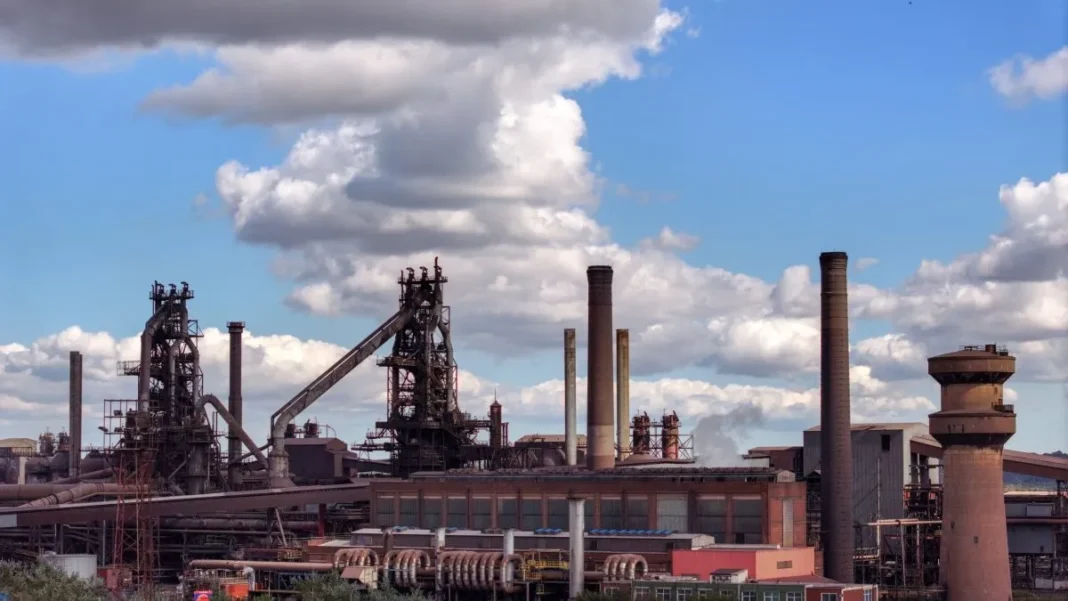The UK government has fast-tracked plans for a £2.5bn investment in the domestic steel industry in response to newly announced US tariffs on steel and aluminium imports.
Business Secretary Jonathan Reynolds will publish a green paper, Plan for Steel, on Sunday—several weeks ahead of schedule—amid growing concerns over the impact of US trade policies on British industry. The move underscores the government’s commitment to revitalising the sector and driving economic growth.
Reynolds stated that strengthening the steel industry was already a priority, but the urgency has increased due to the latest trade developments. “The situation both at home and abroad has made it even more essential to bring forward our strategy,” he said.
The UK has so far declined to follow the EU and Canada in threatening retaliatory measures should the US implement the 25% import tariffs next month. Britain exports approximately 209,000 tonnes of steel to the US annually, making it the second-largest export market after the EU. In return, it imports around 16,000 tonnes from the US.
Reynolds expressed confidence in diplomatic efforts, saying, “It is in neither country’s interest to impose these tariffs,” and remains hopeful that discussions with US officials could prevent significant economic disruption.
Industry leaders have warned that the tariffs could have a damaging effect on UK exports. Gareth Stace, director general of UK Steel, highlighted the risks, stating, “The US is our second-largest steel export market, and these tariffs could put over £400m of UK exports in jeopardy.”
The Labour government had initially pledged the £2.5bn investment as part of its election commitments, aiming to modernise and expand the steel sector. An additional £500m package was allocated to support Tata Steel’s operations in Port Talbot, South Wales.
With the strategy now being fast-tracked, ministers will focus on using the funds to co-finance innovative private-sector-led projects, ensuring the industry remains competitive and resilient. A key objective is to position UK steel production as a primary supplier for major infrastructure projects essential to economic growth.
In a boost for the sector, Heathrow Airport has committed to sourcing British steel for its largest-ever investment programme, which includes expansions to Terminals 2 and 5. The airport has also indicated that if approved, the proposed third runway would follow the same procurement policy.
During Prime Minister’s Questions, Liberal Democrat leader Ed Davey urged the government to take a firmer stance against the US tariffs. “Sitting back and hoping Trump won’t harm UK industry is not a viable strategy,” he argued, calling for stronger negotiations.
Prime Minister Keir Starmer responded by emphasising a measured approach. “We will carefully assess the implications,” he said. “But we will always prioritise the national interest and support our steelworkers.”
The green paper will address long-term industry challenges, including high energy costs, global market instability, and the importance of recycling scrap metal. A significant portion of the £2.5bn investment is expected to be allocated towards electric arc furnaces, which allow steel production at high temperatures without relying on fossil fuels.
Reynolds reaffirmed the government’s commitment to the sector, stating, “The UK steel industry has a long-term future under this government. We pledged this during the election, and we are delivering on it now.
Stay tuned to London Pulse News for updates on the UK’s £2.5bn steel investment in response to US tariffs.


